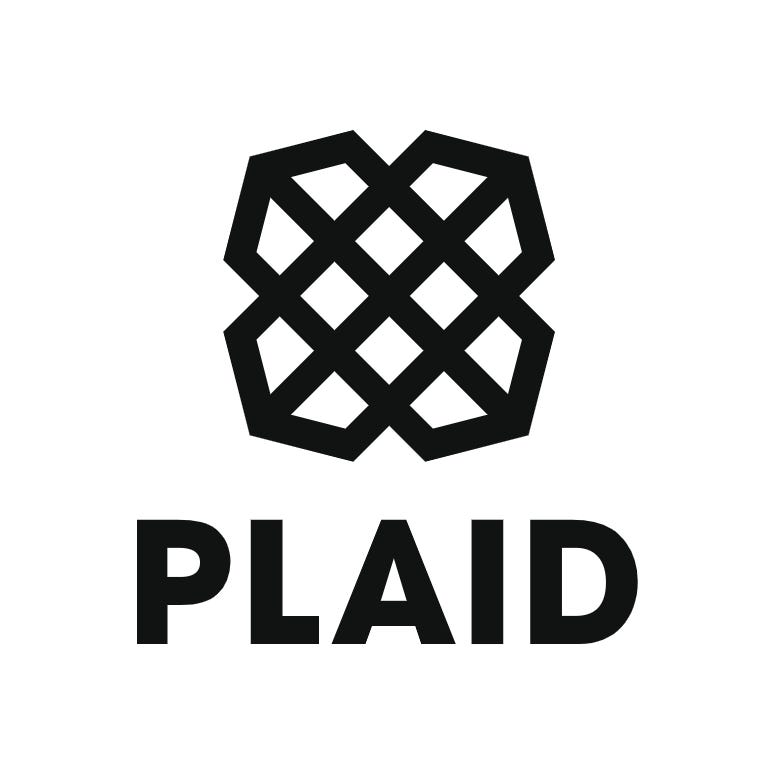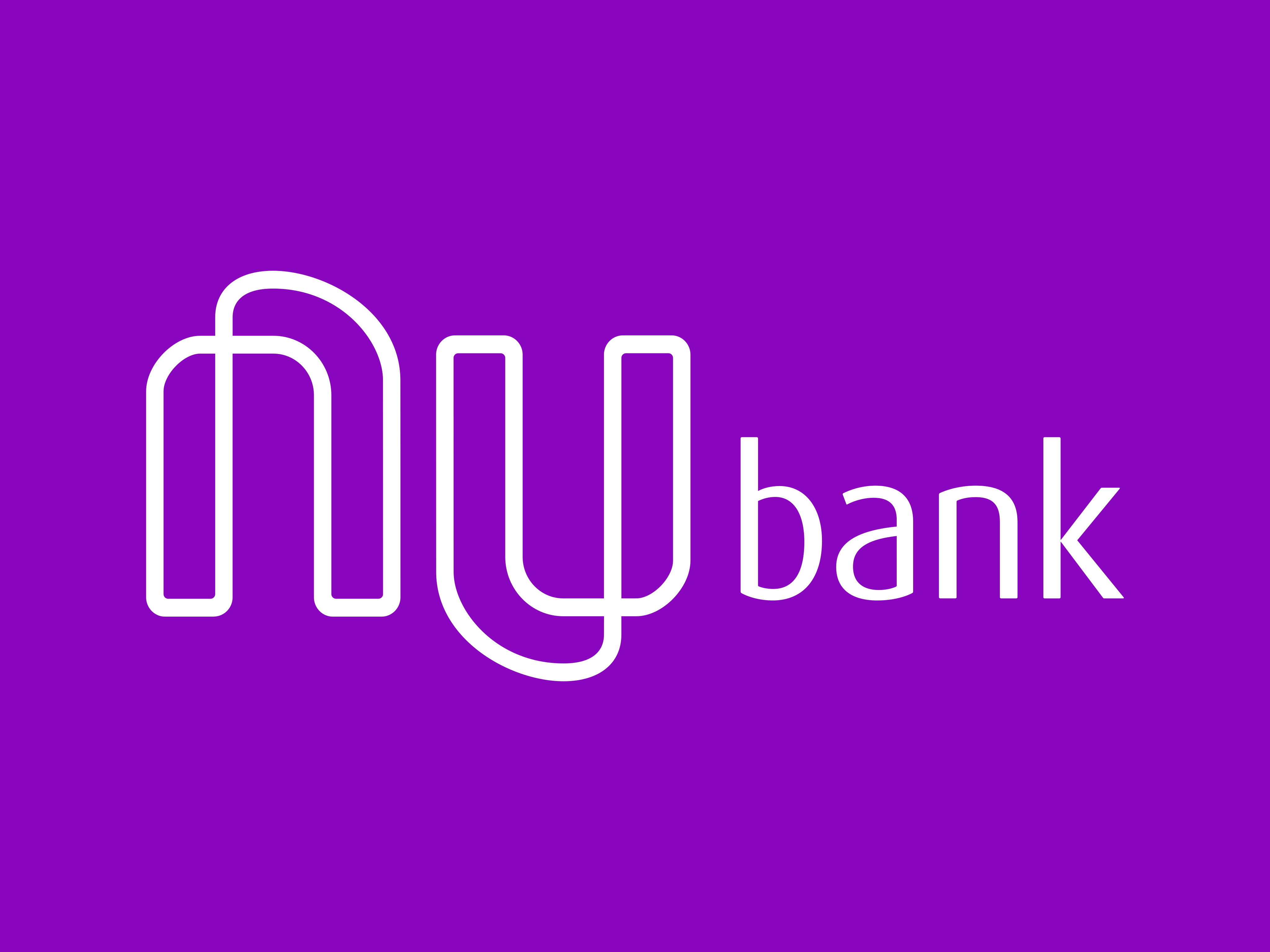If you want to know how to handle the future of digital finance, you should look for the top 10 fintech companies in 2025. The financial world is changing at an amazing rate thanks to new ideas that make services faster, easier to use, and more accessible. The best companies this year aren’t just about mobile payments or online banking. They’re changing the way we handle our money by using cutting-edge technologies like AI in finance, strong blockchain technology, open banking, and integrated embedded finance solutions.
Our in-depth analysis cuts through the noise to show which companies are really leading the way in this rapidly changing environment. We look at how these top fintech companies use big data analytics to make their services more tailored to each customer and to find fraud more quickly. They are going beyond the usual ways of scoring credit to make it easier for everyone to get financial services. You will find out which companies are at the forefront of using biometric authentication for high-level security and smooth user experiences. You will also find out which companies are taking over the global market with new products like “buy now pay later” (BNPL) services and digital wallets.
Stay ahead of the game and learn how these top fintech companies are building ecosystems of trust and value that make managing money a normal part of life instead of a chore. The companies we talk about are setting the bar for the whole industry, from cross-border payments to wealth management to green finance solutions. Learn who is doing well in this competitive market and why their plans are likely to keep working as the fintech market is expected to grow to more than $305 billion by the end of the year.
The Top 10 Best Fintech Companies In 2025
10. Plaid

Plaid is like the plumbing that makes a lot of modern fintech work. It’s the invisible infrastructure that makes it all work. Plaid is the technology that makes it easy for people to connect their bank accounts to popular apps like Venmo, Robinhood, and digital wallets. The company is great at making a developer-friendly interface that makes the once-complicated process of integrating bank data into just a few lines of code. This open banking method is now the standard in many areas, making it easier for people to do business with each other every day. Plaid’s main innovation is that it connects millions of customers to thousands of banks, which makes the entire financial system work better together.
The platform’s huge amount of data makes it perfect for advanced big data analytics and strong fraud detection systems, which make digital finance safer for everyone. Their ongoing efforts to improve data connectivity and secure API integration show how important they are in shaping the future of finance infrastructure for both established companies and new fintech startups. The company’s unique role as an essential data transfer hub makes it a key player in the financial technology landscape of 2025.
9. Checkout.com

Checkout.com has made a sophisticated payment processing platform that can meet the needs of large global businesses. Their technology is all about making it easier for big international companies to accept payments online in a wide range of currencies and local payment methods. This one, unified platform approach makes it easy for merchants to manage multiple payment processors, making the process faster and easier for them. The company is a major player in the fields of e-commerce and embedded finance, handling billions of transactions for big global brands.
Their system is built to be as reliable as possible and comes with advanced tools for protecting digital transactions and finding fraud. By understanding and integrating specific regional payment preferences, from iDEAL in the Netherlands to Alipay in China, Checkout.com ensures smooth and localized transactions, which is vital for global expansion. Checkout.com is a key part of the infrastructure for global digital commerce in 2025 because it focuses on optimizing local payments and has better technology for cross-border payments.
8. Nubank

Nubank, which is based in Brazil, has completely changed the way people bank in Latin America, especially for people who have not been served well by traditional banks in the past. The company’s digital banking model, which is free of fees and has a unique brand, sets it apart from older banks that often charge high fees. Nubank has helped tens of millions of people in Brazil, Mexico, and Colombia get access to financial services by using a mobile-first approach and advanced artificial intelligence (AI) to evaluate credit. Their product line has grown beyond just bank accounts to include credit cards, personal loans, and insurance products that work together.
The whole user experience is based on openness and ease of use, which has led to a lot of customer loyalty. Neobanks are successfully challenging traditional models by focusing on mobile banking and data analytics to responsibly extend credit while also putting the needs of customers first. Nubank is a well-known digital bank that has grown quickly and focuses on emerging markets. This shows how powerful accessible, user-friendly financial technology can be.
7. Klarna

Klarna is known as the first company to start the “buy now pay later” (BNPL) movement, which changed how people shop online. Customers can get their items first and pay for them in installments later, which gives them a lot of freedom and security when making purchases. This new way to pay is built into hundreds of thousands of online stores around the world, making it a common part of the e-commerce experience. Klarna has grown from a simple payment service to a full-fledged smart shopping platform.
Its mobile app now includes personalized recommendations, price comparisons, and tools for managing your finances. The company uses big data analytics to handle the risks that come with its BNPL services and to make the customer experience more personal. As more and more people want flexible payment options in 2025, Klarna stays at the top of the game when it comes to integrated embedded finance solutions. They are always pushing the limits of what a payment and shopping experience can be.
6. Chime

Chime has built a huge customer base in the US by focusing on the needs of regular Americans who often live paycheck to paycheck and have to deal with high fees from regular banks. Their goal is clear: get rid of those fees and help members live better financial lives. The business model doesn’t charge fees; instead, it makes money mostly from interchange fees, not overdraft fees. A lot of people have really liked this unique approach, which lets people access their wages early and has automated savings features.
Their platform is a great example of how a challenger bank can do well by putting the needs of its customers first and being open about its services. Chime is a leader in mobile banking. It has popular features like SpotMe, which protects members from overdraft fees, and a credit builder feature that helps them improve their financial health. Chime shows how fintech can help a large, previously ignored market segment become more financially included by combining easy-to-use technology with a socially responsible business model.
5. Coinbase

Coinbase has been the main way for millions of people around the world to get into the complicated world of cryptocurrency. Coinbase made Bitcoin easy to use for regular people with a simple interface when it was still a niche idea. This focus on making things easy and following the rules is what really makes them stand out in an industry that is often thought of as complicated and full of gray areas. It is a top cryptocurrency exchange platform that offers a safe place to buy, sell, and store digital assets like Bitcoin and Ethereum.
Coinbase is a trusted link between traditional financial systems and the digital asset revolution in a time when blockchain technology and decentralized finance (DeFi) are becoming more popular. The company is a big part of making sure that strong biometric authentication and fraud detection systems are standard for trading cryptocurrencies. They have gained a lot of trust from both small investors and big institutions because they always work within the rules.
4. The Ant Group

Alipay started as an internal project for Alibaba’s online store, but it has grown into the world’s largest digital payments system, a true super app for managing money. Ant Group’s main platform, Alipay, has over a billion users and offers a wide range of services, from simple QR code mobile payments to insurance, investment vehicles, lending services, and lifestyle features. It’s hard to believe how many deals are made every year.
The company uses a lot of advanced AI in finance and cutting-edge big data analytics to manage risk on a huge scale. They use blockchain technology to support complex financial products and make sure that transactions are safe. Ant Group is a good example of a fully integrated, tech-driven financial ecosystem. It sets a global standard for digital financial services and integrated embedded finance solutions.
3. Revolut
![]()
Revolut has quickly grown from a travel card that worked with multiple currencies to a global financial super app that offers a full range of digital banking services to more than 50 million customers in dozens of countries. In one app, users can do all of their banking, trade stocks without paying a fee, invest in cryptocurrencies, get travel insurance, and use powerful budgeting tools. Revolut is strong because it is always working on new products and has big plans to expand internationally.
The company just got a banking license in the UK, which shows how far it has come from being a small startup to a real bank. Revolut is the future of digital banking that puts the user first because it combines services like daily personal finance, wealth management, and payments across borders. Their method makes good use of regulatory technology (RegTech) to keep up with the rules while still offering fast, cutting-edge services.
2. Nubank (Nu Holdings)

We’ve talked about Nubank as a big player in the area, but Nu Holdings, Nubank’s parent company, is one of the biggest financial technology companies in the world. The company’s success shows that digital-only banking models can work well if you know what the market needs. By getting rid of red tape and fees, Nu makes things easier for users. This is very appealing to young people in Latin America who are good with technology.
They use advanced AI and data to offer personalized products and work hard to get people who have never had a bank account to open one. This has led to impressive growth and profits. Nu is a great example of a fintech that cares about its customers and is obsessed with technology. It can grow to a huge size and stay successful in 2025.
1. Stripe

Stripe is always at the top of the list of global fintech companies because it is so important for online shopping to work. The company has made it very easy for businesses of all sizes, from small startups to big ones like Amazon and Google, to accept payments online. Stripe’s biggest breakthrough was making the complicated and annoying process of accepting online payments into a simple, developer-friendly solution with easy-to-use APIs. It is the backbone of online transactions all over the world because it is technically better than anything else. Stripe now offers more than just payment processing.
It now has everything an online business needs, like business loans, corporate cards, and integrated banking services. Their platform is a key part of the infrastructure that lets people make trillions of dollars in payments every year and gives people around the world strong tools to find fraud and pay their taxes. Stripe is the best fintech company in 2025 because it is always working on embedded finance, easy integrations, and a developer-focused approach. This helps the digital economy grow.

